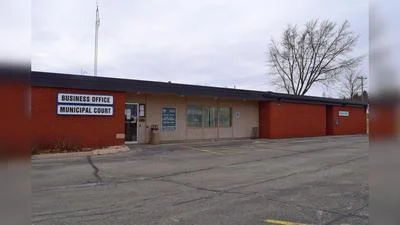Mayor Satya Rhodes-Conway | City of Madison Website
Mayor Satya Rhodes-Conway | City of Madison Website
The shared revenue bill is being called “historic” because it is the first time in over 20 years that the Legislature has begun to address its responsibilities in sharing state income and sales taxes to ensure core services can be provided by local communities throughout Wisconsin. However, no one should think that this represents a fair compromise or solves the long-term problem for local governments across the state.
A few months ago, we had hoped that the State’s record multi-billion dollar budget surplus would be used to help restore a fair and equitable level of State income and sales taxes shared with every city, county, town and village in our state. I'm grateful that Governor Evers made increasing shared revenue for local governments a priority, and that his initial proposal recognized the scale of need in Madison and other communities.
This bill provides more state aid and reflects a compromise between the Governor and Legislature, but the total falls well short of what local governments should be receiving if shared revenue had simply grown at the rate of inflation over the past two decades. And, despite this “historic” increase in state aid, the bill almost completely ignores both Madison’s role as the economic engine of our state’s economy and the devastating effects of state mandates on the City’s budget. An opportunity that appears to only occur once every 50 years has nearly left out the very community that helps deliver the state income and sales taxes that are “shared” with localities throughout our state.
This legislation delivers less than $10 for every resident in Madison. Meeting our citywide priorities – public safety, affordable housing, sustainability, accessible transportation options, equity – as we continue to add population at the fastest pace in the state, will now be much more difficult. This bill is neither fair nor equitable for Madison. Our residents, families and small businesses are not “sharing” in the hard earned income and sales taxes they pay to the State. Instead, they continue to be burdened by the punitive Walker-era restrictions on local governments.
Original source can be found here.






 Alerts Sign-up
Alerts Sign-up